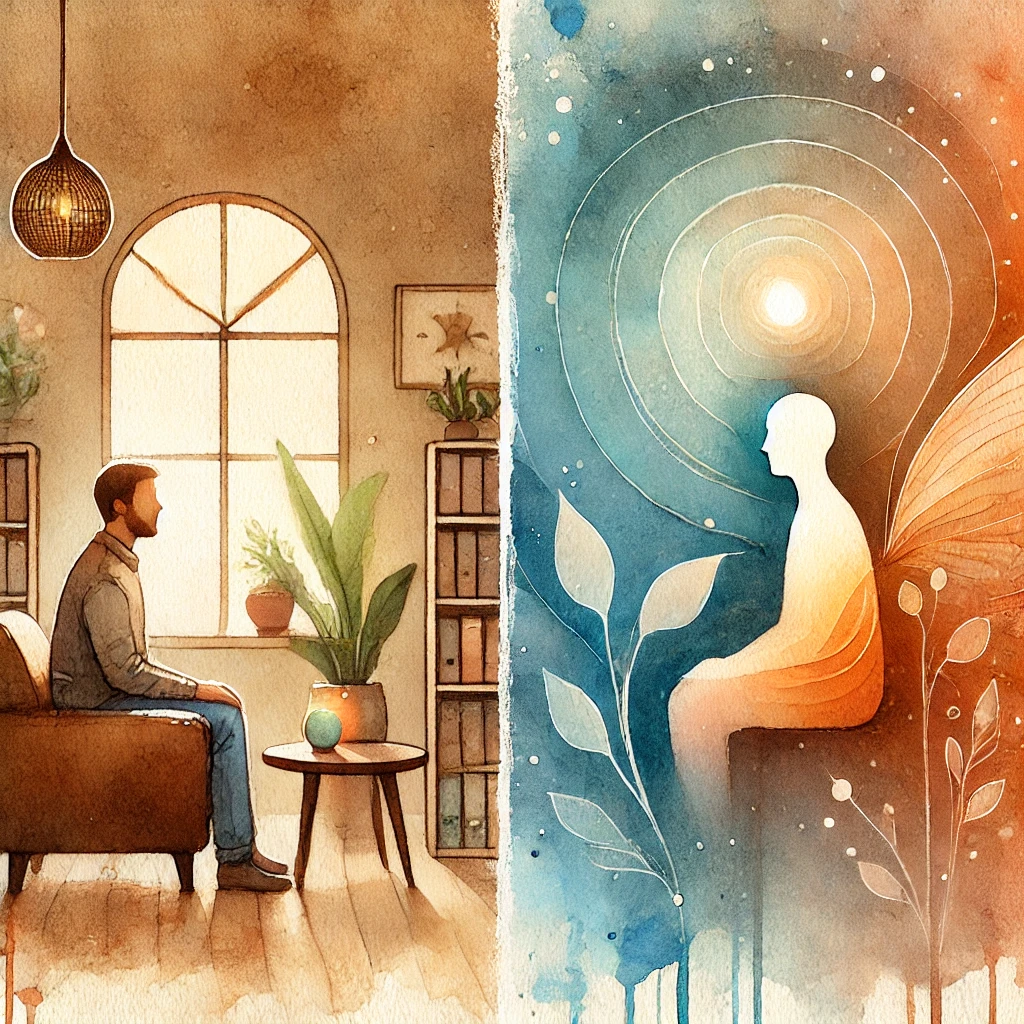When clients come to me for help, they often ask, “What is the difference between a psychotherapist and a counsellor?” It’s a common question, and the distinction can be quite important when seeking the right support. Both professionals are trained to help people manage emotional, mental, and behavioural issues, but they do so in different ways and with varying depths of focus.
Understanding Counselling
Counselling is typically a shorter-term process that focuses on specific issues or problems. When you see a counsellor, the goal is often to help you manage or resolve a particular concern, such as a relationship issue, work stress, or a life transition. Counsellors provide a safe space where you can talk openly about your feelings and thoughts. They listen, offer support, and guide you towards finding solutions that work for you.
I find that counselling tends to be more focused on the present. It’s about addressing the here and now, helping you navigate immediate challenges and find ways to cope more effectively. Counselling sessions are generally more structured, with specific goals in mind, and the relationship between the counsellor and the client is often shorter-term, lasting a few weeks to a few months.
What Does a Psychotherapist Do?
Psychotherapy, on the other hand, tends to be a longer-term and more in-depth process. As a psychotherapist, my work often involves delving into deeper emotional patterns, exploring the root causes of issues, and working through complex feelings that might stem from past experiences. While counselling focuses on the present, psychotherapy often involves understanding how the past affects the present and can shape the future.
In psychotherapy, the therapeutic relationship is central. We work together over a longer period, sometimes years, to explore and understand deep-seated issues that might be affecting your life. This process requires time and trust, and it often involves examining difficult emotions and experiences that might not be immediately accessible or conscious.
Choosing the Right Support for You
When deciding whether to see a counsellor or a psychotherapist, it’s important to consider what you’re looking to achieve. If you have a specific issue you need help with and prefer a more goal-oriented approach, counselling might be the right choice. On the other hand, if you’re struggling with deeper, more complex issues, or if you’re seeking a deeper understanding of yourself, psychotherapy could be more beneficial.
Of course, the line between counselling and psychotherapy isn’t always clear-cut. Many counsellors use therapeutic techniques that overlap with psychotherapy, and many psychotherapists offer short-term, solution-focused support when needed. What matters most is finding a professional who resonates with you and whom you feel comfortable working with.
Final Thoughts
In my practice, I offer both counselling and psychotherapy, tailoring my approach to meet the unique needs of each person. Whether you’re seeking help with a specific issue or looking to explore deeper emotional patterns, I’m here to support you on your journey towards greater mental and emotional well-being.
Other Resources
If you want to find out more about the different types of therapy available, here is a useful list provided by the BACP.
